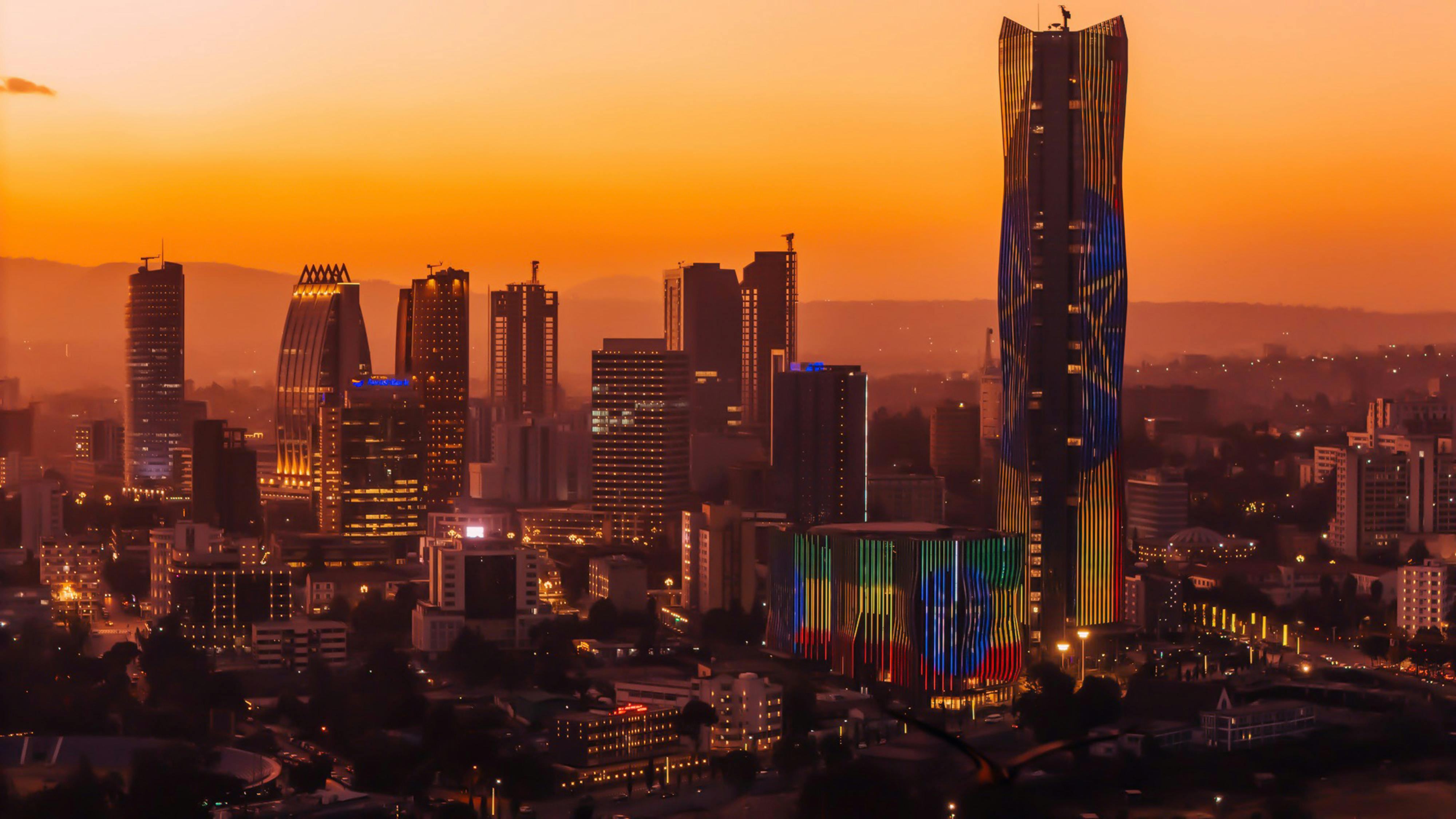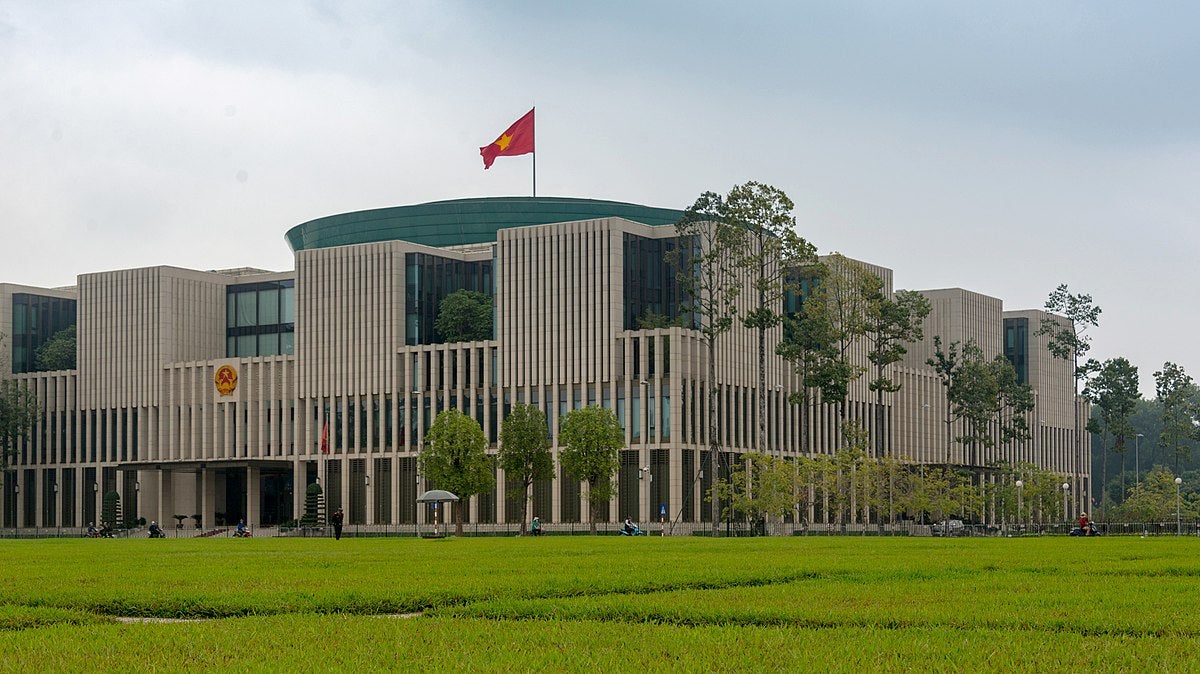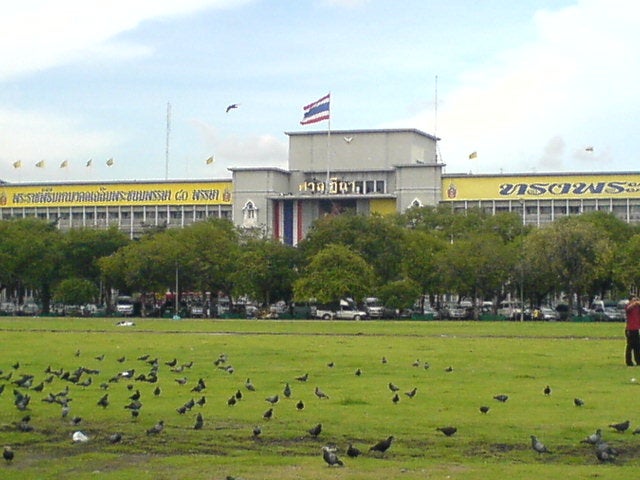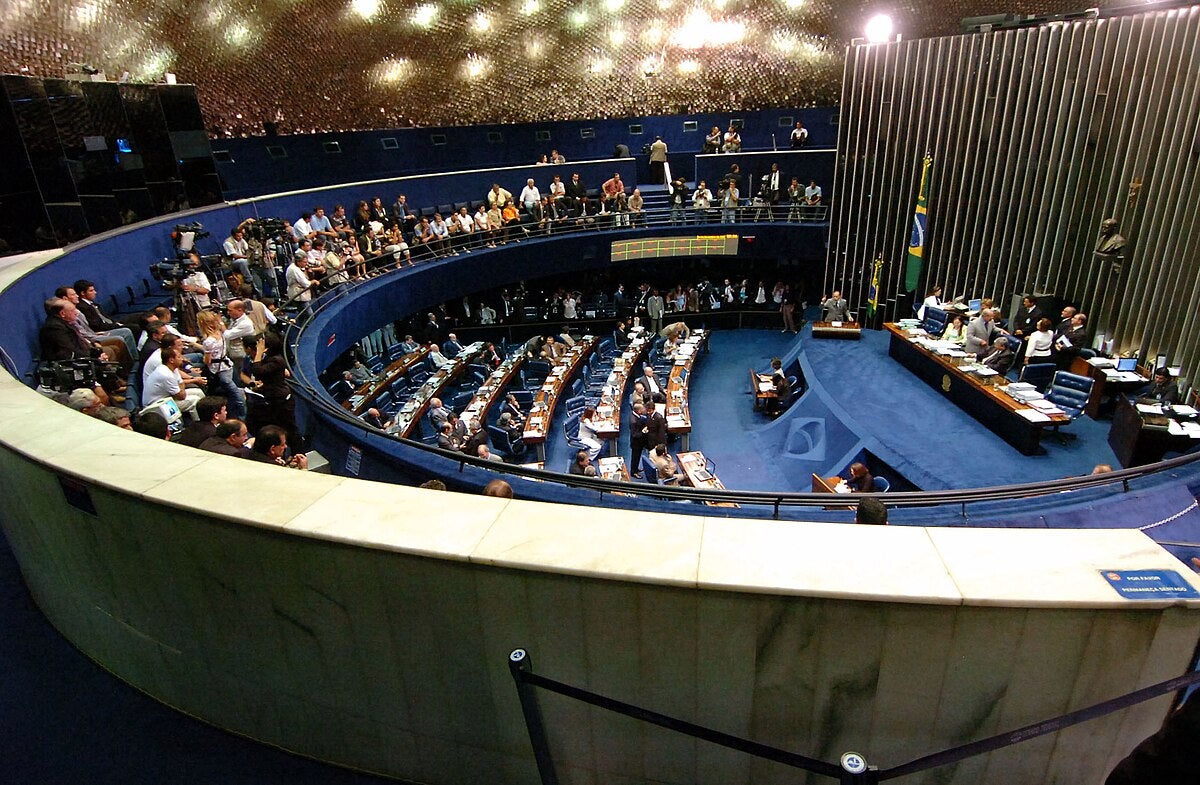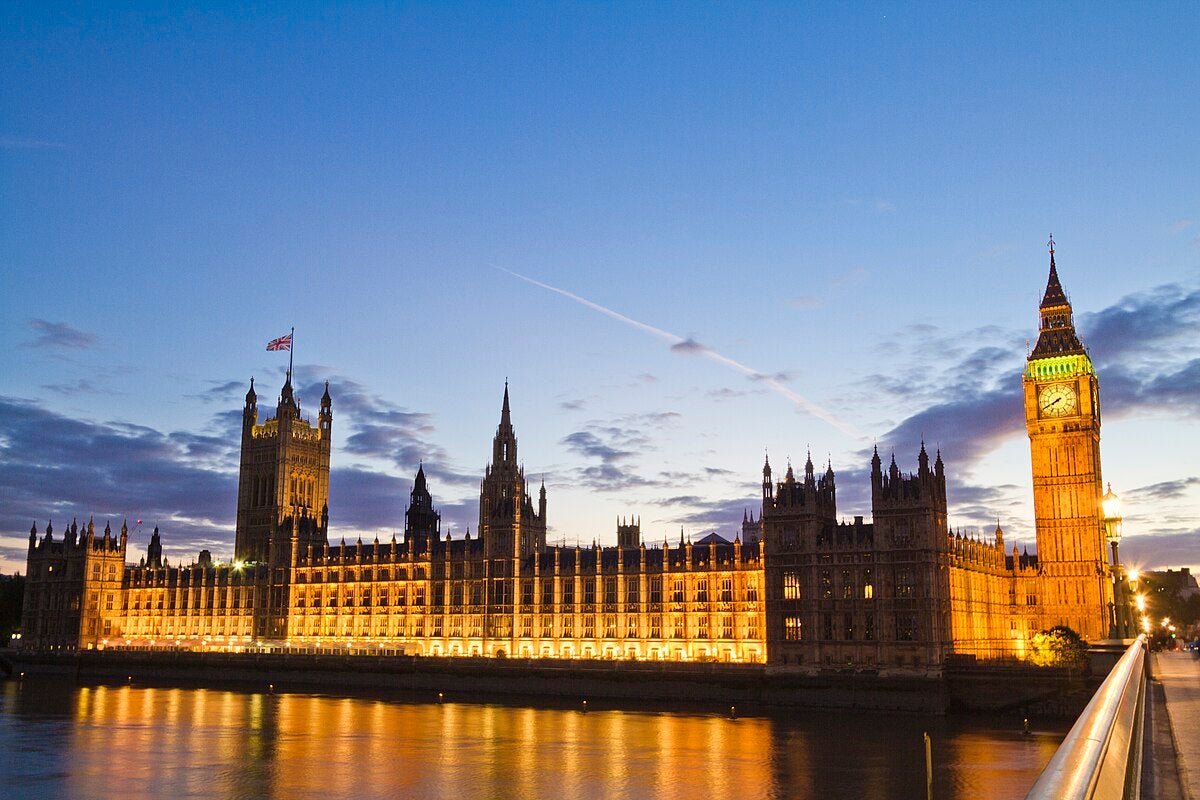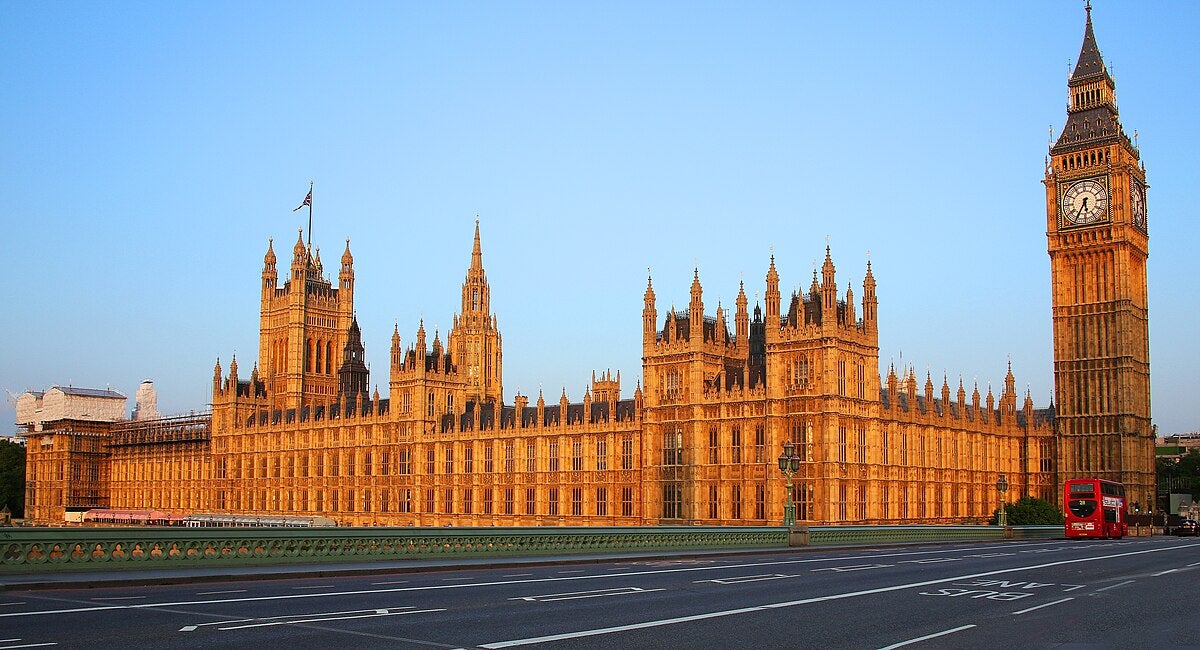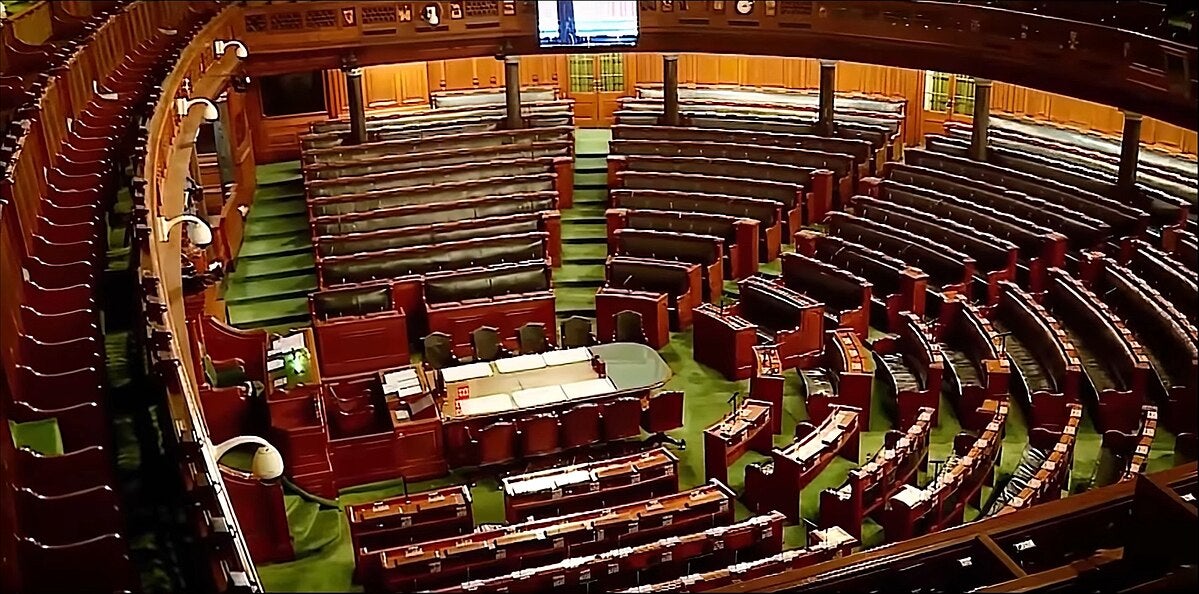Law Enforcement
Online Gaming Authority of India is the proposed regulator tasked with maintaining a national registry of approved games and categorizing titles that qualify as “online money games”, referring to those involving cash stakes or prizes. The body will comprise a chairperson and five members from the Ministries of Information and Broadcasting, Financial Services, and Youth Affairs. Legal representation among the members is mandatory.
Headquartered in the National Capital Region, the authority will wield powers equivalent to a civil court, allowing it to summon parties, review evidence, impose penalties, suspend registrations, and levy fines. It may order banks or internet providers to block access to unapproved platforms.
Penalties Outlined
The draft gaming rules impose a blanket ban on online money gaming, permitting only e-sports and social games. Operators of prohibited platforms face up to three years in jail and fines of up to 1 crore (US$77,369). Advertisers risk two-year imprisonment and 50 lakh (US$774) penalties.
The framework declares offences under sections 5 and 7 as “cognizable and non-bailable,” overriding the Bharatiya Nagarik Suraksha Sanhita, 2023. Enforcement officers gain legal protection during crackdown operations. Companies that modify registered games into cash-based formats risk canceled licenses, with the entire staff held liable for violations to discourage non-compliance.
Registration and Compliance
India’s proposed gaming rules mandate platforms to register games with the new authority and disclose revenue streams, such as ads or subscriptions, that exclude bets. Approved titles receive five-year certifications, which are required for legal operation and marketing.
A three-tier grievance system will require companies to address complaints first internally, then through the Grievance Appellate Committee, and finally through the gaming authority’s binding 30-day resolution. Transition rules allow 180-day refund windows for pre-existing user balances without legal repercussions. The final rules are expected after public consultations.




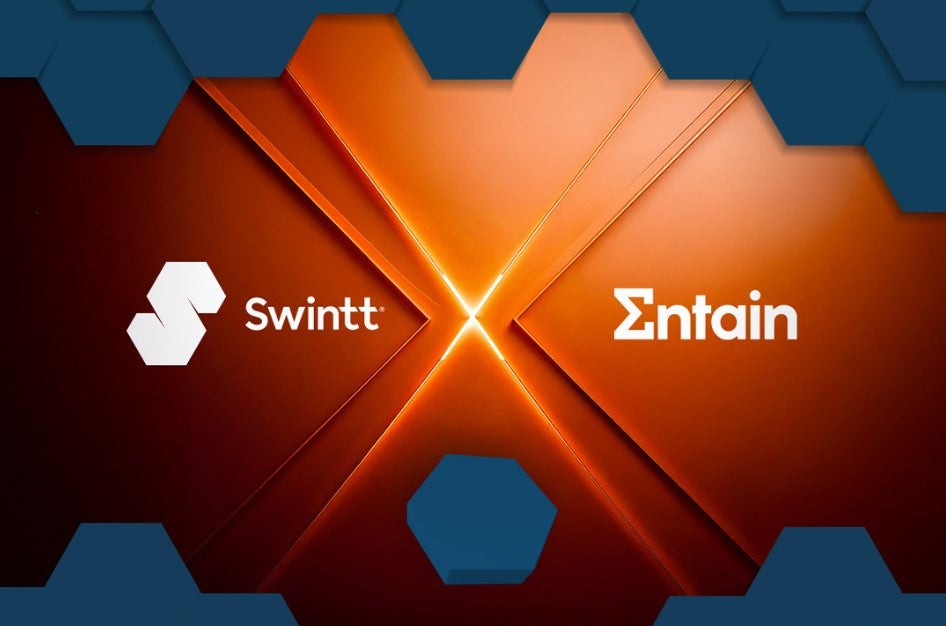


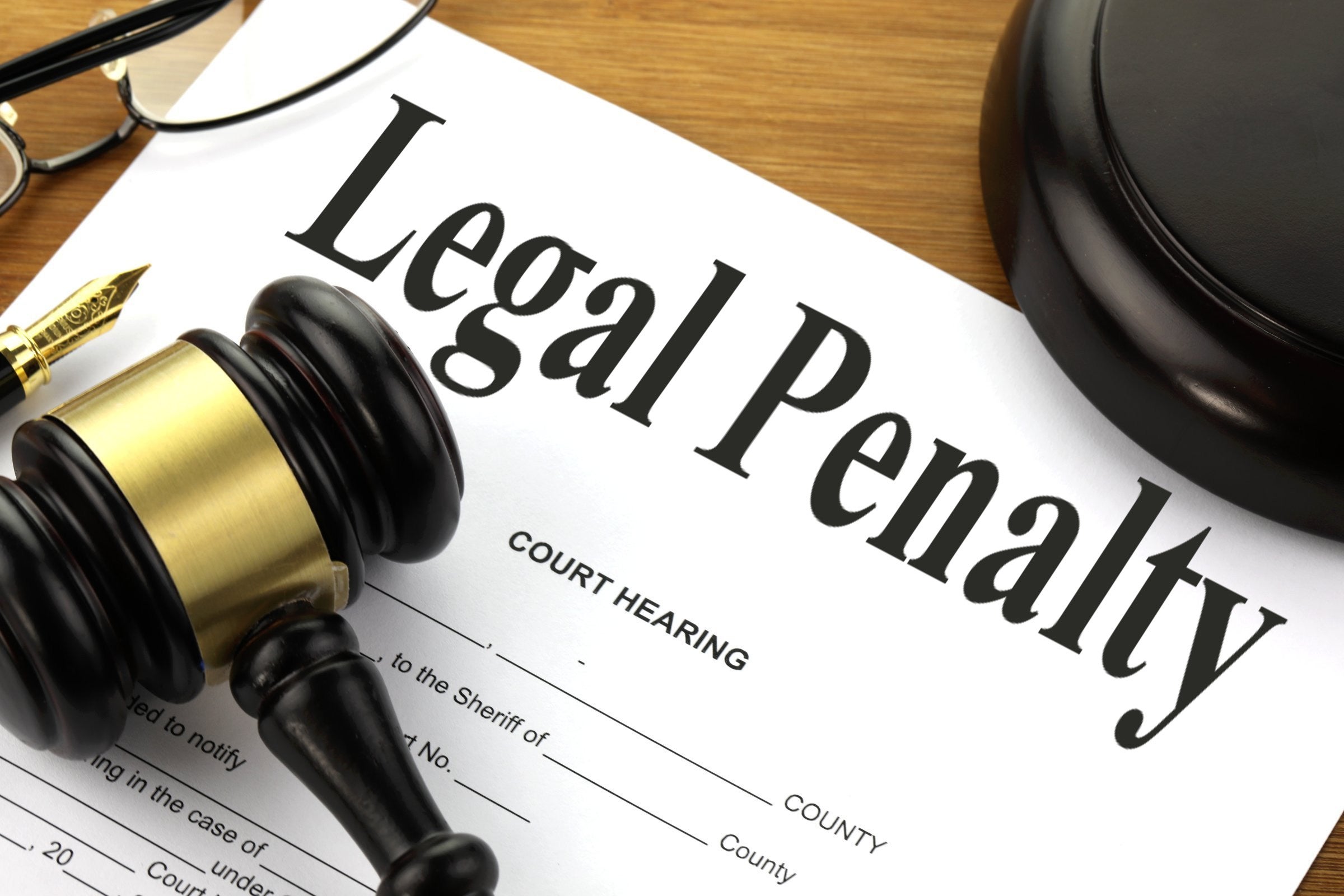



.jpg)



